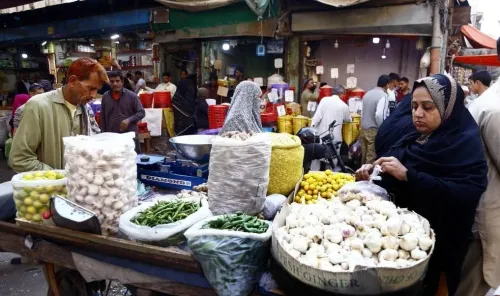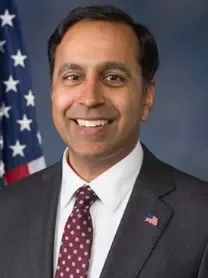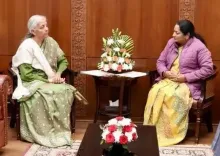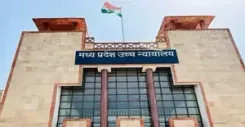Is the Promised Liberalism of the Yunus Regime Just Fanaticism in Bangladesh?
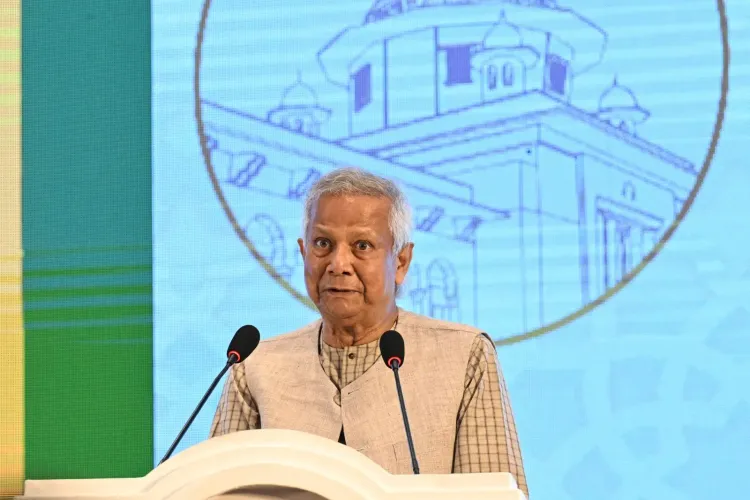
Synopsis
Key Takeaways
- Political violence in Bangladesh has surged under Yunus's rule.
- Media censorship hampers accurate reporting of human rights abuses.
- Extrajudicial killings are a significant concern, with many victims unaccounted for.
- The Yunus administration faces international criticism for targeting minorities.
- Restoration of democracy is essential for Bangladesh's future stability.
New Delhi: In Bangladesh, the government's legacy of punishing opposition parties traces its roots back to the assassination of Bangabandhu Sheikh Mujibur Rahman. Today, a culture of violence is deeply embedded within the country's political system. Numerous violent incidents reflect the weakened democratic framework, which has paved the way for political turmoil.
Political violence has surged significantly since Muhammad Yunus assumed power following the ousting of former Prime Minister Sheikh Hasina. Since taking charge, Yunus has imposed strict media censorship to suppress the truth about ongoing events.
From July 16, 2024 to June 16 of this year, numerous brutal murders have been reported, with victims suffering from horrific fates—some burned, others hacked or shot, and some killed within prison walls or police custody.
Despite the rising tide of extrajudicial killings, Yunus appears determined to prolong his unelected rule. Reports indicate that at least 47 people have fallen victim to such executions since September 8, 2024, with human rights advocates suspecting the actual figures are much higher.
The families of these victims have faced insurmountable barriers to seeking justice, unable to file complaints or pursue cases against the perpetrators. The current interim government has granted immunity to those committing murder and violence during the period from July 8 to August 15 of last year.
Moreover, the interim administration is systematically erasing evidence of crimes and misreporting statistics. Victims related to the Awami League and its affiliates have not been able to seek legal recourse, while false charges are levied against them instead of addressing the true offenders.
Every instance of extrajudicial killing warrants an impartial investigation. Those responsible, irrespective of their status, must be held accountable. The prevailing culture of impunity must be dismantled, yet these serious accusations often go ignored or dismissed.
With the government exerting near-total control over the media, many instances of violence remain underreported or completely unreported. Journalists brave enough to investigate or publish these stories face severe repercussions, including arrests, job losses, and violent attacks on their workplaces. Some reports are even retracted under duress—an erasure of truth maintained through fear.
The Yunus administration, which is pro-Pakistani and unelected, operates without accountability to its citizens and fosters an intolerant political atmosphere. The banning of the Awami League on May 12 under the Anti-Terrorism Act signifies Yunus's blatant overstep.
While serving as Managing Director of Grameen Bank, Yunus allegedly misappropriated funds, exploiting the impoverished populace. He later acquired a license for Grameenphone, and the promised benefits to the poor and the national treasury never materialized. Instead, he sold shares, claiming Grameenphone as his own. Yunus still retains approximately 30 percent of Grameenphone's shares, and it is noteworthy that he attempted to obstruct World Bank funding for the Padma Multipurpose Bridge project as a lobbyist for the US Democratic Party.
The unstable Yunus administration frequently targets Hindu minorities, traditional supporters of the Awami League. His inability to maintain communal harmony has drawn widespread international condemnation, and the silence from his administration is deafening. Attacks on temples, disturbances in worship, and violence against women have severely eroded the secular fabric of Bangladesh.
Various reports indicate a spike in violence against religious minorities in Bangladesh. Ain O Salish Kendra documented 926 incidents against minorities from August to December 2024, following Hasina's removal. In contrast, the Bangladesh Buddhist-Hindu-Christian-Unity Council reported 2,184 incidents during the same timeframe.
In January 2025, Bangladeshi police investigated 1,769 attacks against Hindus from August 4 to August 20, 2024. These politically motivated and communal attacks were pervasive in areas perceived to favor the Awami League.
The Yunus administration exhibits a lack of sensitivity while Bangladesh grapples with rising radicalism and violence. Increasingly, the civilian bureaucracy and police force seem to be slipping from the control of the interim government.
The growing discontent and instability stem from the absence of democracy, a reality Yunus is adept at diverting public attention from. Sheikh Hasina, as the Awami League leader, was devoted to establishing democracy and protecting human rights.
In the past eleven months, Yunus has made eleven international trips at taxpayer expense, often traveling on costlier foreign airlines instead of Biman Bangladesh, the national carrier.
The total expenditure for these foreign visits over 75 days has amounted to approximately Taka 270 crore and 80 lakh. These excursions, aimed at bolstering Yunus's personal image, have been heavily publicized by the Chief Advisor's press office. Additionally, these trips have yielded no diplomatic achievements for Dhaka. Yunus seems to have forgotten that he leads a transitional government and has pledged to uphold transparency and responsible governance. Critics have raised concerns about the national interests served during these frequent trips abroad.
During this period, Bangladesh has faced escalating lawlessness, religious extremism, corruption, and administrative failure under Yunus's shadow rule. He promised liberalism but has delivered fanaticism. While claiming to foster progress, he has unleashed chaos.
Clearly, the people of Bangladesh recognize that only the Awami League has kept the nation united, combating militancy and jihadist politics while simultaneously fostering economic growth. While others have sought personal gain through destruction, the Awami League has constructed infrastructure, including roads, bridges, and schools, enhanced connectivity, initiated the Rooppur Nuclear Power Plant, and restored dignity to the people of Bangladesh.
By blending capitalist and socialist ideals, Sheikh Hasina's government has faced significant political risks in pursuing socio-political and economic reforms, instilling confidence and pride among the Bangladeshi populace. Her bold and pragmatic approach has led to Bangladesh's success.
However, radical Islamists are currently rampant in Bangladesh.
The July Revolution aimed at eradicating authoritarianism is now under the threat of radical Islamists. The stark reality is that extremists have taken control of Bangladesh, and regrettably, Yunus serves merely as a manipulated pawn of Western interests and radical Islamists within the country.
(The writer is an expert on South Asia and Eurasia. He has previously worked with the Manohar Parrikar Institute for Defence Studies and Analyses. The views expressed are personal.)
/as


